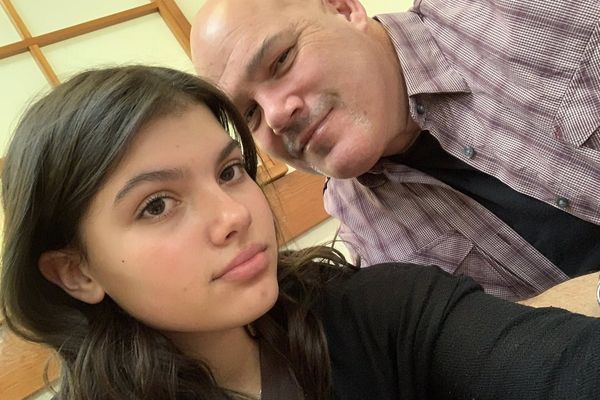
Missed a deadline at work? Planning a breakup? Rift with a friend? Experts may have now uncovered the best way for you to make amends.
A new study has found that an apology that uses bigger words will appear more sincere than those that are kept to the point. By saying “I'm really sorry’”, you will seem less truthful and heartfelt than if you tell someone "I'm genuinely sorry”.
The research, published in the British Journal of Psychology, said that using longer words when saying sorry is perceived to be more apologetic as it takes more effort to produce, and indicates the person apologising is trying harder.
The study's author, Dr Shiri Lev-Ari, from Royal Holloway, University of London, told The Times: “In the context of an apology, longer words reflect effort and may be interpreted as expressing greater remorse.
“An apology may appear more genuine if it costs someone more to say it — and that can mean the time taken to say or type long words.”

The study asked 49 people to rate different apologies which were semantically similar but included different words.
It asked people to rank a range of different sentences such as “I did not mean to answer in a hostile way”, “I did not mean to reply in a combative style”, and “I did not mean to respond in a confrontational manner” from the least to the most apologetic.
Although they had similar meaning, the sentences with longer words tended to come across as more sincere to the participants than those that were shorter.

Researchers also examined apologies given by celebrities and non-celebrities on social media, mainly X, and compared them to the language those people usually used online. It found that people more commonly used longer words when apologising.
Celebrities' apology posts were also much longer in length, averaging in at 192 words per apology, compared to a normal message with an average of 38 words.
Apologies from non-celebrities were about twice as long as non-apology messages, with an average of 52 words compared to 27 words.
But the study said that although word length indicated remorse, word frequency did not make a sentence appear more apologetic.
“This paper shows that language users use longer words when apologising than in their general communication, and that this strategy is effective, as people perceive apologies with longer words as more apologetic,” the study said.
“(It) suggests that modifying the effort in production, such as by using longer words, can already be effective in signalling greater remorse.”
‘See you on the other side’: Tributes flow after death of boxer Ricky Hatton
Call to put town and city centres ‘at the heart of economic decision making’
Ricky Hatton’s Dancing On Ice co-stars lead tributes to former boxer
Here’s what octopuses use each of their eight tentacles for
Heartbreak as dying octopus cares for eggs that will never hatch
Summer ‘fireball’ gives munro-baggers rare chance to collect meteorite fragments







